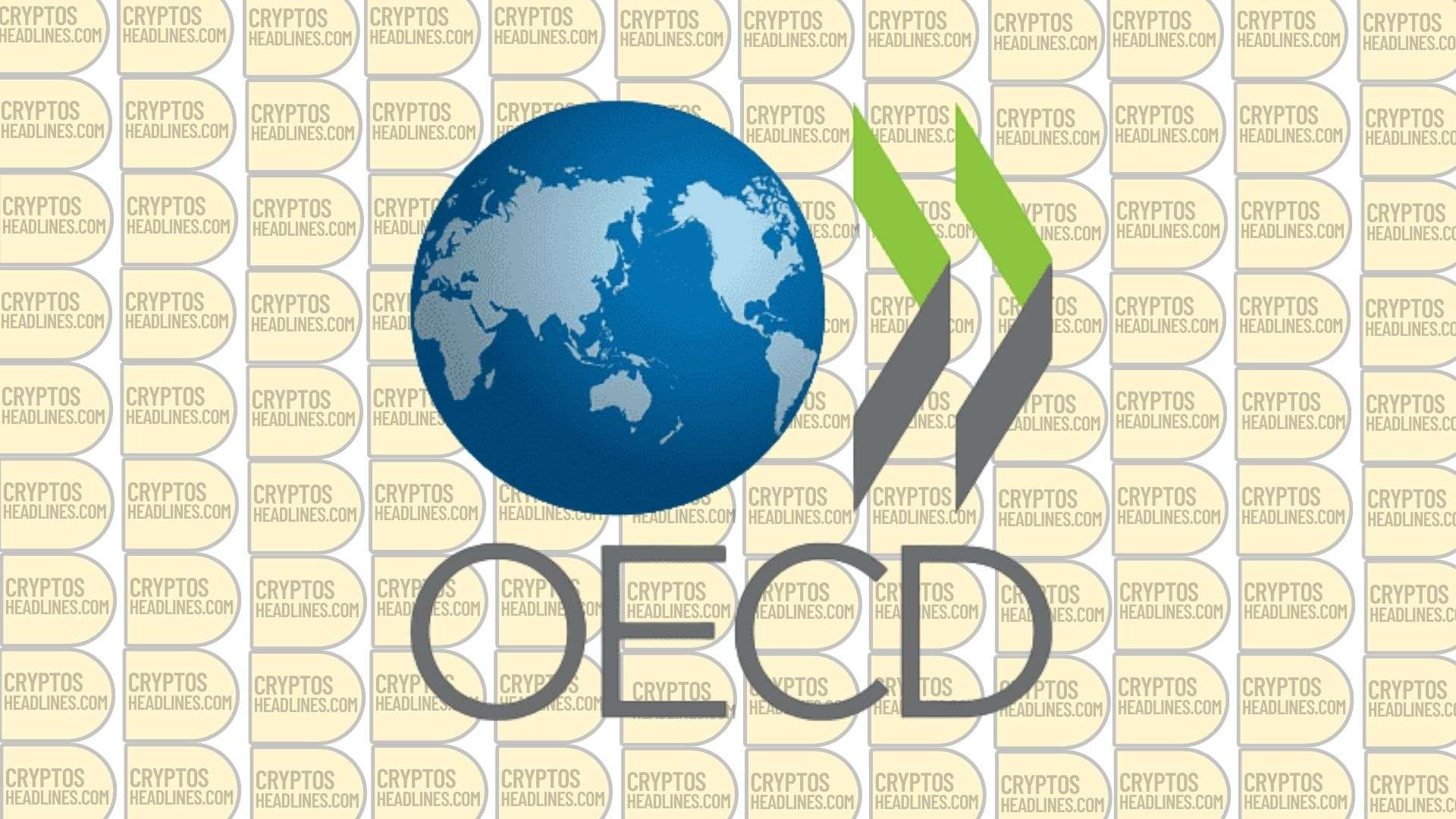The Organization for Economic Cooperation and Development (OECD) has recently implemented a dedicated tax framework aimed at addressing the unique challenges posed by cryptocurrencies.
This new framework is specifically designed to provide clear guidelines and regulations for taxation in the crypto industry. By introducing this framework, the OECD aims to promote transparency, compliance, and a better understanding of tax obligations within the rapidly evolving cryptocurrency landscape.
During a two-day ministerial-level meeting of its council held from June 7 to 8, the Organization for Economic Cooperation and Development (OECD) introduced its Crypto-Asset Reporting Framework (CARF). CARF is a comprehensive reporting system designed to enhance transparency and facilitate the exchange of information related to crypto-assets. By unveiling this framework, the OECD aims to promote international cooperation and standardization in reporting practices across jurisdictions, ensuring a more robust and consistent approach to crypto-assets regulation and taxation.
Our new international tax transparency standards cover the updated Common Reporting Standard and the new reporting framework for crypto assets, further strengthening efforts to tackle tax evasion in a digitalised & globalised world economy.
➡️ https://t.co/GMcvZOQXCc pic.twitter.com/8Z595Vutrn
— Mathias Cormann (@MathiasCormann) June 8, 2023
The Organization for Economic Cooperation and Development (OECD) has introduced amendments to the common reporting standard (CRS) along with the Crypto-Asset Reporting Framework. This comprehensive framework is specifically designed to tackle tax evasion and promote transparency in the rapidly evolving digitalized and globalized world economy. By implementing these measures, the OECD seeks to establish a standardized approach to reporting crypto-assets, enabling tax authorities worldwide to effectively combat illicit activities while ensuring a fair and transparent taxation system for digital assets. This initiative reflects the OECD’s commitment to fostering a more secure and accountable environment for the crypto industry and its participants.
The newly introduced Crypto-Asset Reporting Framework by the Organization for Economic Cooperation and Development (OECD) encompasses crucial rules for gathering essential tax information and establishing clear definitions for assets and entities involved in crypto transactions. Furthermore, the framework introduces a multilateral authority tasked with enforcing these rules and facilitating information sharing among relevant authorities using an electronic format called XML. These measures aim to enhance tax compliance, enable effective oversight of crypto-related activities, and foster international cooperation in combating tax evasion within the rapidly evolving digital asset landscape. The OECD’s initiative aims to establish a robust framework that promotes transparency, accountability, and fair taxation practices in the crypto industry.
Also Read: G7 Countries to Discuss Global AI Regulatory Policies
The newly introduced Crypto-Asset Reporting Framework by the Organization for Economic Cooperation and Development (OECD) covers different areas of the crypto industry, such as wallets, exchanges, distributed ledger technology (DLT), and digital asset derivatives. The framework also introduces a new term called “Specified Electronic Money Product,” which refers to digital representations of traditional fiat currencies. These measures are designed to ensure that tax regulations and reporting requirements are appropriately applied to these aspects of the crypto space, promoting transparency and compliance in the evolving digital economy.
Notably, the framework recognizes the need to address tax compliance requirements related to central bank digital currencies (CBDCs).
Framework to assist regulators in formulating cryptocurrency regulations
The OECD is a global organization that sets guidelines in areas such as taxation, education, climate change, and employment. It offers recommendations to regulators regarding both domestic and international policies. Although these guidelines are not obligatory, they play a significant role in shaping regulatory strategies.
While implementing the framework may pose difficulties, its primary objective is clear: to ensure appropriate taxation in the cryptocurrency sector.
Although the exact approach for ensuring compliance is not yet determined, the introduction of this tax framework demonstrates the commitment of tax authorities to tackle tax responsibilities related to cryptocurrencies. This framework arrives at a time when the crypto industry is experiencing increased regulatory scrutiny, particularly in the United States.
On June 6, the US Securities and Exchange Commission (SEC) took legal action against Binance and Coinbase. The SEC claims that more than ten popular cryptocurrencies, including those from Binance and Coinbase, are not registered as securities. If the SEC succeeds, these cryptocurrencies would fall under the SEC’s oversight, leading to stricter rules for protecting investors and reporting taxes.
Also Read: China to Gain Most Benefit from Restrictive US Crypto Regulations : CEO Coinbase
Important: This article is intended solely for informational purposes. It should not be considered or relied upon as legal, tax, investment, financial, or any other form of advice.
Follow Cryptos Headlines on Google News
Join Cryptos Headlines Community











